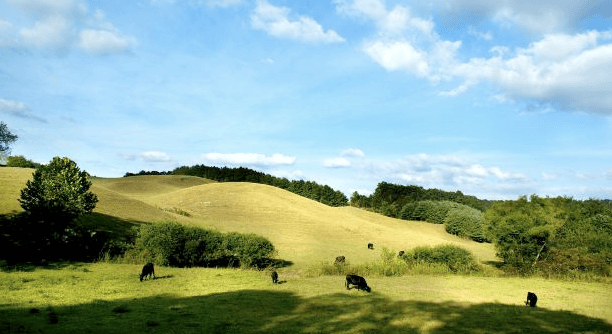Laura Ingalls Wilder is known for her series of childrens books depicting life as a pioneer in the American West in the late 19th century. While she wrote 9 books based on her own life, she also wrote one based on her husband’s life called “Farmer Boy”. The book itself, while educating us about how things used to be done before modern conveniences like refrigeration, electricity and supermarkets, also has some valuable lessons about personal productivity that can be applied to modern life:
Ask For Help
In the beginning of the book, the schoolteacher is faced with being beaten by some thugs that break up the school as a matter of pride. Knowing that one former teacher was beaten almost to death, the teacher asks for help from Almanzo’s father. The help is provided and the teacher maintains his job and life. Lesson: When something is beyond our abilities and resources, ask for help to get the job done. Application: Tasks sometimes require expertise beyond what we have. If you don’t have the knowledge to get something done, ask for help. If you don’t have the right piece of equipment, see if you can rent or borrow it. You will get the task done quicker and more thoroughly than if you try to figure it out on your own.
Batch Tasks
Almanzo’s mother has one day a week when she does the churning. All the cream collected during the week is dumped into the churn and Almanzo is set to turning it into butter. She also does baking once a week, producing all of the bread, pies, cakes and cookies in one session in the kitchen. Lesson: By doing things in large batches, you save yourself the preparation and execution time of doing things in smaller batches. Application: Answering email all at once will take less time than checking, reading and answering 10 times a day. Having one errand time will save the commuting time to get to the store, and could also cut down on multiple trips when it becomes known that you run errands on one day a week.
Focus on One Thing
Each task on the farm is done singly. Almanzo and his brother clean the cow stalls, then pitch down clean hay, then milk the cows. Shucking the corn is done on winter afternoons on the threshing floor; the wheat is done at a different time. Lesson: Single tasking prevents accidents and spoilage from happening. By mixing cleaning out the stalls and pitching down new hay, you would risk contaminated food and bedding for the cows. By mixing milking and pitching down hay you risk a fire from the hay hitting the lantern of the milker. By threshing corn and wheat at the same time, you end up with cross-contamination of grains. Lesson: Focus on one task, finish it and move on to the next task. If a task is too large to be done in one session, keep working at it before starting something else.
Keep Regular Hours
Cows must be milked regularly to give the maximum amount of milk. Almanzo, his father and brother are in the barns before dawn and after dark in the winter. Lesson: Having a set schedule makes work easier to accomplish. Application: How many times have you not done a project because you can’t fit it in? This is particularly a problem with big dreams like writing a book, taking a class, or switching careers. Having a set time to work on these items means regular progress toward a bigger goal.
Do What You Can Yourself
Almanzo and his family were almost entirely self-sufficient. They harvested ice from the local river for refrigeration. They grew vegetables and animals for food. They raised sheep, which were shorn and turned into cloth by Almanzo’s mother. They provided as much of what they needed as they could. However, for certain things like shoes and tinware, items were purchased from traveling craftsman who visited once a year. Lesson: Being able to do most things for yourself decreases your reliance on others and minimizes time spent waiting for others to complete tasks. Application: By not having to rely on other people things you need frequently, you can get things done quicker. You no longer have to wait on someone to fit you your requests in in order to get your work done. At the same time, for specialized skills that are only needed once a year, you can rely on others to help you out.
Truly Rest Regularly
The Sabbath was taken very seriously in Almanzo’s home; all work was prohibited, except the minimum to keep the farm animals and people fed and clean. It was a day to reflect, read, and put the mind far from the day-to-day cares of life. Lesson: Regular rest and recreation is necessary to keep us from becoming one-sided and out-of- balance. Application: Take some time, every week, to shut down, rest, reflect, and get away from your projects. Make sure it is truly rest and recreation, not just filling the time with fluff, and you will reap the benefits in the rest of your week. Laura Ingalls Wilder’s “Farmer Boy” is a tale that can still teach us lessons in productivity, even from the distant past.
